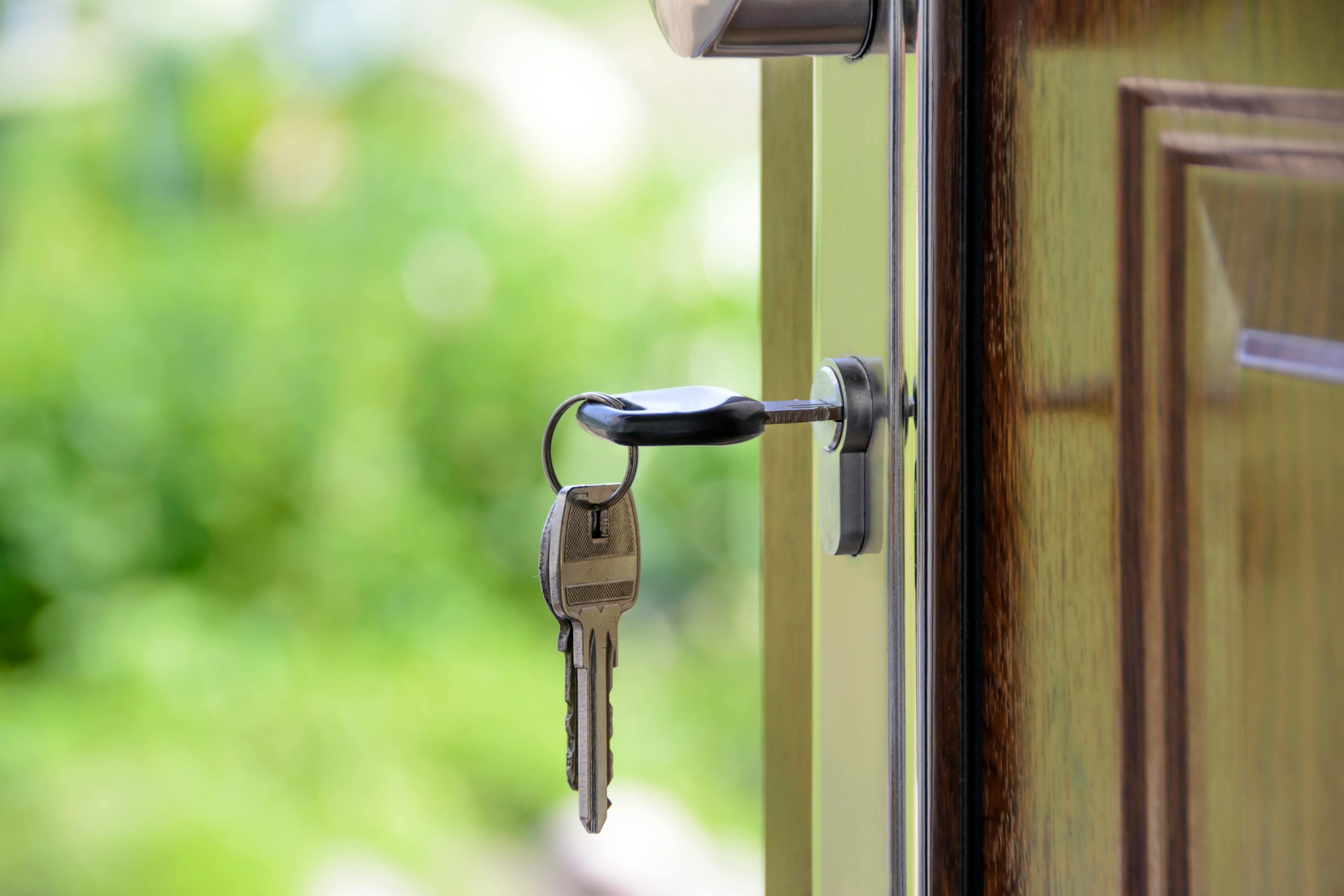Can I Keep the Insurance Payout?
A few weeks ago, I was in a minor accident where I was side-swiped by another driver. Thankfully, the damage to my car is mostly cosmetic. Although I have a loan on my vehicle, the other party’s insurance is directly depositing the payout based on the body shop’s estimate. The damage includes some scratches, a small dent, and I need to replace the back cover of the driver’s mirror. While I definitely want to fix the mirror, the scratches and dent are hardly noticeable, and I think it’s excessive to spend $5,000 to replace the entire side panels.
Given that my own insurer and my loan holder aren’t involved in this situation, would anyone know if I can keep the payout and just handle the mirror repair myself? Is that legal? I’m located in North Carolina.




It’s great that you’re getting paid for the damage and that you’re considering your options for repairs. In North Carolina, if the other driver’s insurance is issuing you a payout, it’s generally considered your money to use as you see fit for the damages related to the accident.
Since your insurer and loan holder aren’t involved, there typically wouldn’t be any requirements for you to use the funds strictly for repairs. However, it’s important to keep a few things in mind:
Loan Agreement: Check the terms of your loan agreement. Some lenders require that insurance payouts for damages be used to repair the vehicle. If you don’t adhere to these terms, it could potentially affect your agreement.
Future Claims: If you choose not to use the payout for repairs and then have future claims or issues related to the damage, it could complicate things. Insurers might see this as you not taking care of your vehicle.
Potential Legal Consequences: Generally, it’s not illegal for you to keep the payout and not fix the car, but if there’s any misrepresentation involved (like stating that you fixed the vehicle when you didn’t), that could lead to legal issues.
Consider Repairs: Although the cosmetics may seem minor, you might want to consider fixing them anyway. It could maintain the value of your car and prevent any further issues from arising later.
Ultimately, it’s a good idea to consult with a local attorney or insurance advisor to get tailored advice based on your specific situation.